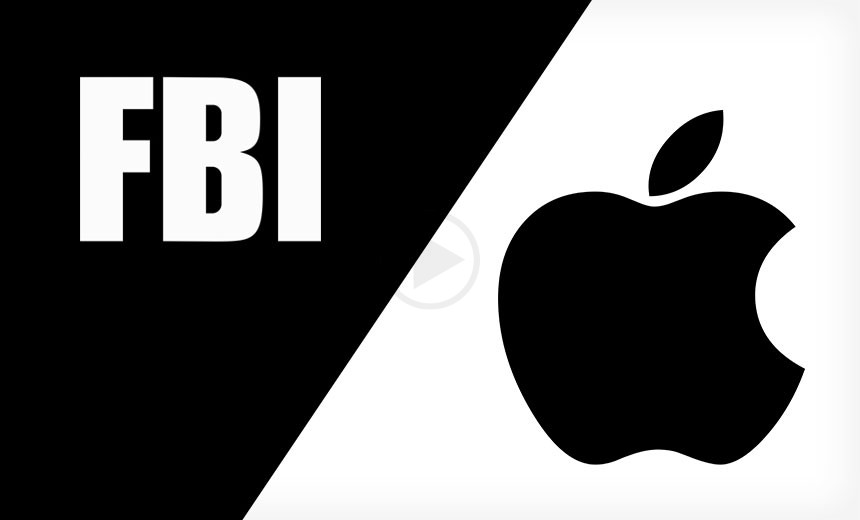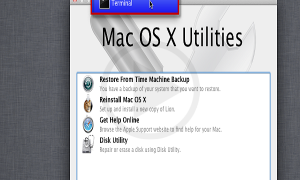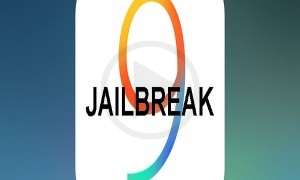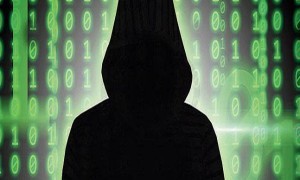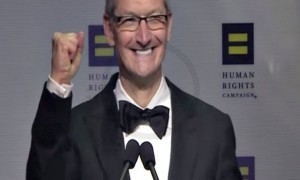Apple’s battle with the FBI developed through the span of a few weeks, yet finished in a matter of days. That is to what extent it took the FBI to discover a path into a San Bernardino shooter’s iPhone and effectively abuse it without Apple‘s assistance. So while that specific case seems, by all accounts, to be over, the encryption war is most certainly not. On the off chance that anything, it is more critical than any time in recent memory.
A month ago an elected court requested Apple to make a product apparatus that would sidestep security components in Apple‘s product so that the administration could perform what’s known as a bruteforce secret word assault to figure Farook’s watchword. Apple eagerly restricted, contending it added up to making a secondary passage for the administration. That point’s been rendered debatable, until further notice. The Justice Department requested on last Monday, that the court empty its request that Apple make such an as well.
Subsequent to bluffing at the encryption issue for no less than five years, Congress is stepping toward a lawful structure for it. Dianne Feinstein and Senators Richard Burr have been drafting an encryption bill since December. However, as per Reuters didn’t start sharing a draft of the enactment until a week ago—just under the steady gaze of Apple‘s date in court with the feds.
The bill, which clearly would give government judges a chance to request tech organizations to give encoded information to law authorization, has far to go in the witness of getting to be law. In any case, it addresses administrators’ enthusiasm to see Congress, not courts, settle the issue.
As confirm by their decision to drop its case, the feds shouldn’t have taken Apple to court in any case. In any case, in doing as such, they began a discussion America has been procrastinating on for a considerable length of time.

